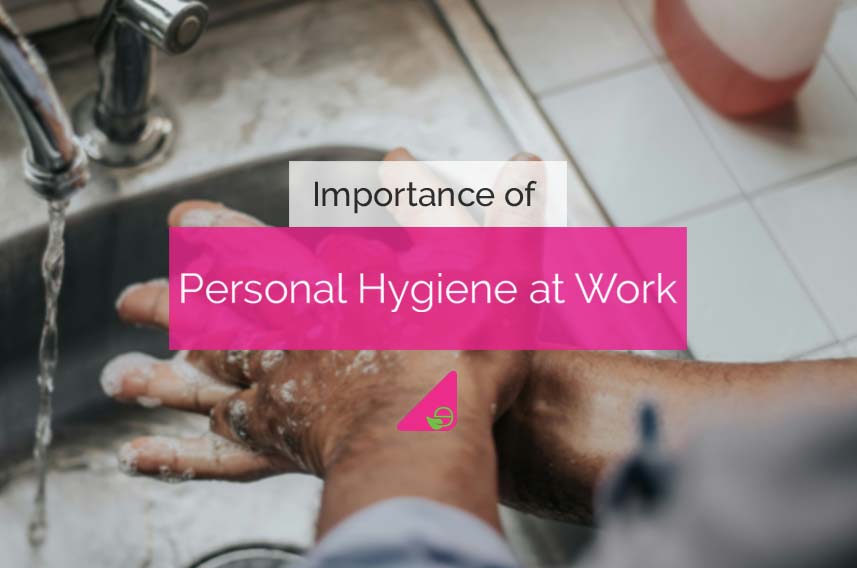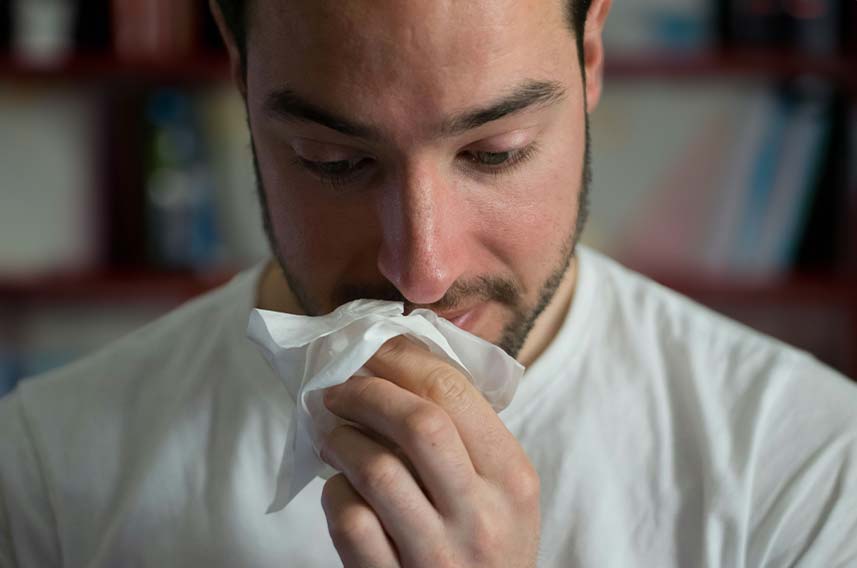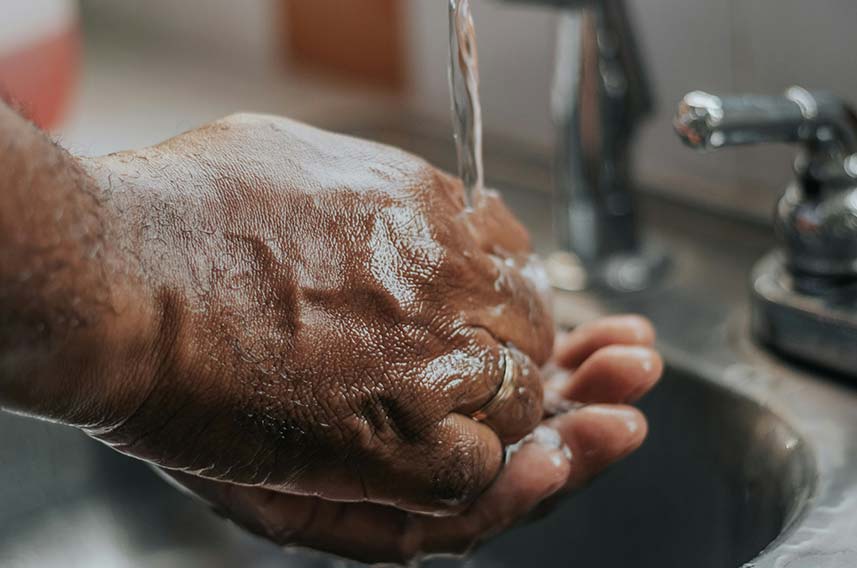Tel: 01474 876800 • Client Portal
- Who We Are
- What We Do
- Build
- Carpentry
- Building Works
- Commercial Flooring
- Commercial Glazing
- Commercial Locksmith
- Commercial Painting & Decorating
- Commercial Plastering
- Commercial Plumbing
- Commercial Refurbishment
- Commercial Roofing
- Design & Construction
- Electrical Installation
- Hard & Soft Landscaping
- Mechanical & Electrical
- Office Builders
- Office Fit Outs
- Office Heating
- Office Partitioning
- Office Relocation
- Site Management
- Maintain
- 24 Hour Helpdesk
- Access Control
- Air Conditioner Repair
- Air Conditioning Servicing
- Commercial Boiler Servicing
- Commercial Electricians
- Commercial Ground Maintenance
- Commercial Pest Control
- Commercial Property Maintenance
- Drain Unblocking
- Emergency Callouts
- Emergency Light Testing
- Facilities Management
- Fire Alarm Testing
- Fire Extinguisher Testing
- Fire Sprinkler Testing
- Fixed Wire Testing
- Handyman Service
- Lift Servicing
- Office Health & Safety
- PAT Testing
- Planned Preventative Maintenance
- Reactive Maintenance
- Roof Maintenance
- TMV Maintenance
- Water Hygiene
- Clean
- Build
- How We Do It
- Why Use Us
- Contact

Importance of Personal Hygiene at Work
Personal hygiene is an essential part of daily life, affecting not only our well-being but also the quality of our interactions with others.
At work, the importance of good personal hygiene becomes even more critical.
It is not just about feeling clean and fresh; it impacts our productivity, the health of those around us, and the overall atmosphere of the workplace.
In this article, we will explore the importance of personal hygiene at work, how it affects both individuals and organisations, and provide practical advice on how to maintain high standards of personal cleanliness.
Table of Contents
What is Personal Hygiene?
Personal hygiene refers to the practices and habits that individuals adopt to maintain cleanliness and promote good health.
It includes a range of things that are essential to ensure we stay physically clean, hygienic, and healthy.
These activities are not just about looking good but also about ensuring that we do not transmit harmful germs or cause discomfort to others.
Personal hygiene covers several key areas:
Hand Hygiene
Hand hygiene is one of the most important aspects of personal hygiene.
Washing hands regularly and using hand sanitiser when soap and water are not available helps prevent the spread of germs.
Hands should be washed after using the toilet, before eating, and after coughing or sneezing.
Oral Hygiene
Maintaining clean teeth and gums through regular brushing and flossing is vital.
Oral hygiene is essential for avoiding bad breath and tooth decay, which can negatively affect both personal health and interactions with others.
Body Hygiene
Body hygiene includes regular bathing or showering, wearing clean clothes, and using deodorant to manage body odour.
Keeping the body clean reduces the risk of skin infections and improves overall comfort, both for the individual and those around them.
Hair and Nail Care
Regular hair washing and cutting, along with keeping nails trimmed and clean, are essential for maintaining a professional appearance and preventing hygiene-related issues such as dandruff or fungal infections.
Clothing
Wearing clean, well-maintained clothes is another important aspect of personal hygiene.
Dirty or worn-out clothing can be uncomfortable, smell musty, and may reflect poorly on the individual’s professional image.
Why is Personal Hygiene at Work so Important?
Personal hygiene at work plays a significant role in promoting a healthy and productive environment.
The importance of maintaining good hygiene in the workplace goes beyond personal comfort and extends to overall health, relationships, and the functioning of the organisation as a whole.
Health and Well-being
Good personal hygiene is crucial for maintaining physical health.
By following basic hygiene practices such as handwashing and showering, employees can significantly reduce the risk of infections and illnesses.
In a workplace, where people often work in close proximity, personal hygiene can help prevent the spread of contagious diseases like colds, flu, and even more serious infections like gastrointestinal illnesses such as Norovirus.
Professional Image
Maintaining good personal hygiene contributes to a positive professional image.
Employees who are clean, well-groomed, and present themselves neatly are generally perceived as more professional and competent.
This can enhance their reputation and contribute to career advancement.
On the other hand, poor hygiene can lead to negative perceptions, which may affect an individual’s opportunities within the company.
Comfort and Confidence
When individuals maintain good personal hygiene, they feel more comfortable and confident in their work environment.
Being clean and fresh boosts self-esteem, which can improve productivity and work performance.
It also contributes to better social interactions, as people are more likely to feel comfortable interacting with colleagues who maintain a high level of personal hygiene.
Reducing Distractions
Poor hygiene can lead to unpleasant odours, which can be distracting to colleagues and hinder concentration.
If one employee is not practising good hygiene, it can make the work environment uncomfortable for everyone, leading to decreased productivity and even conflicts within the team.
Creating a Positive Workplace Culture
Personal hygiene also plays a role in shaping the overall culture of the workplace.
A culture of cleanliness and mutual respect contributes to a more positive, professional, and cohesive team dynamic.
By prioritising hygiene, employers create an environment where employees can thrive and feel respected.
How Poor Personal Hygiene at Work Can Affect Your Workplace
Poor personal hygiene at work can have significant negative effects on both the individual and the workplace environment.
While everyone has a bad day now and then, consistently neglecting personal hygiene can lead to various issues that can impact both personal performance and team dynamics.
Spreading Illness
One of the most concerning consequences of poor personal hygiene is the increased risk of spreading illness.
People who fail to wash their hands, cover their mouths when coughing, or maintain cleanliness are more likely to transmit infections to others.
This can lead to higher levels of absenteeism, reducing productivity and affecting the overall health of the workforce.
Impact on Relationships with Colleagues
Maintaining good personal hygiene is essential for fostering positive relationships with colleagues.
If an individual’s hygiene is lacking, it can make others uncomfortable, leading to strained relationships and a lack of cooperation.
In extreme cases, it may lead to workplace bullying or exclusion.
Reduced Professionalism
Neglecting personal hygiene can make employees appear unprofessional and careless.
This can affect their ability to work with clients, attend meetings, or participate in networking opportunities.
Poor hygiene may give the impression that an individual lacks attention to detail, which can impact their credibility within the organisation.
Negative Impact on Workplace Atmosphere
Unpleasant body odours, unkempt hair, or visibly dirty clothing can affect the overall mood in the office, leading to a less comfortable work environment.
This discomfort can negatively impact morale, lower job satisfaction, and even affect the team’s productivity.
Legal and Health Implications
In some cases, poor personal hygiene can lead to more serious consequences, especially in environments where health and safety standards are strict.
For example, in healthcare, foodservice, or manufacturing industries, not maintaining hygiene standards can result in legal action or health-related fines.
How to Improve Personal Hygiene at Work
Improving personal hygiene at work is a simple but effective way to enhance both personal well-being and the workplace environment.
Here are some practical steps employees can take to ensure they maintain good hygiene standards.
Regular Handwashing
Washing hands regularly, especially after using the bathroom, eating, or touching potentially contaminated surfaces, is crucial.
Ensure hands are washed with soap and water for at least 20 seconds to eliminate harmful germs.
If soap and water are not available, use hand sanitiser with at least 60% alcohol content.
Use Deodorant and Antiperspirant
Deodorant helps control body odour and prevent sweating, which can become noticeable during a busy day at work.
Make it a habit to use deodorant before leaving home and carry a small bottle of body spray for a quick refresh if needed.
Personal Grooming
Regular grooming is key to looking and feeling clean.
This includes washing your hair, trimming nails, and ensuring that facial hair is neatly groomed.
Ensure your clothing is clean, free from stains, and fits well, contributing to a polished appearance.
Oral Hygiene
Brush your teeth twice a day and use mouthwash to freshen your breath.
If possible, carry chewing gum or mints to keep your breath fresh during the day, particularly after meals.
Clean and Neat Workplace
Maintain cleanliness in your own workspace.
This includes wiping down surfaces, keeping personal items organised, and removing any waste or food wrappers promptly.
A tidy workspace not only contributes to personal hygiene but also sets a positive example for others.
Shower Regularly
Make it a habit to shower or bathe regularly to maintain body cleanliness.
This is especially important if you engage in physical activities or work in warm environments.
Wear Clean Clothing
Always wear clean, freshly laundered clothing to work.
If you are working in an environment that requires a uniform, make sure it is washed regularly and in good condition.
What is a Personal Hygiene at Work Policy?
A Personal Hygiene at Work Policy is a set of guidelines created by employers to ensure that employees maintain appropriate hygiene standards while in the workplace.
Such policies are often included as part of a company’s health and safety or employee conduct guidelines.
Purpose of a Hygiene Policy
The purpose of this policy is to clearly outline the expected hygiene standards and behaviours to help maintain a professional and clean environment.
It provides employees with clear instructions on how to maintain their hygiene and fosters a culture of respect within the workplace.
Key Aspects of a Hygiene Policy
A typical hygiene policy may cover areas such as:
- Handwashing: Emphasising regular handwashing and the use of hand sanitiser.
- Dress code: Expectations for clean, professional clothing.
- Grooming: Standards for personal grooming, including hair and nail care.
- Health and wellness: Encouraging employees to stay home when sick and to practise good hygiene to prevent the spread of illness.
Enforcement and Support
A personal hygiene policy should not only be enforced but also support employees by providing access to necessary hygiene products, such as hand sanitiser or soap.
It should also include a way for employees to seek assistance if they are struggling with maintaining hygiene, ensuring a supportive work environment.
Conclusion
Maintaining good personal hygiene at work is essential for promoting a healthy, professional, and productive environment.
Good hygiene practices prevent the spread of illness, improve self-esteem and confidence, and create a positive atmosphere for all employees.
By adhering to personal hygiene standards, individuals contribute to the overall success of the workplace while maintaining their health and well-being.
Employers can play a crucial role in supporting hygiene practices by implementing clear policies, providing resources, and fostering a culture of cleanliness and respect.
For more information, get in contact with us here at ECMS.
Request a Callback
Recent Posts
- How to Clean Stainless Steel Surfaces 01th Aug 2025
- 10 Common Saniflo Toilet Troubleshooting Solutions 01th Jul 2025
- Importance of Personal Hygiene at Work 01th Jun 2025
- How to Clean a Toilet Brush 01th May 2025
- How to Clean Painted Walls 01th Apr 2025
- How to Get Oil Stains Out of Carpet 01th Mar 2025
- How to Clean a Fridge and Remove Bad Smells 01th Feb 2025
- How to Get Coffee Stains Out of a Carpet 01th Jan 2025
- How to Clean Gutters Correctly 01th Dec 2024
- What is PAT Testing? 01th Nov 2024






